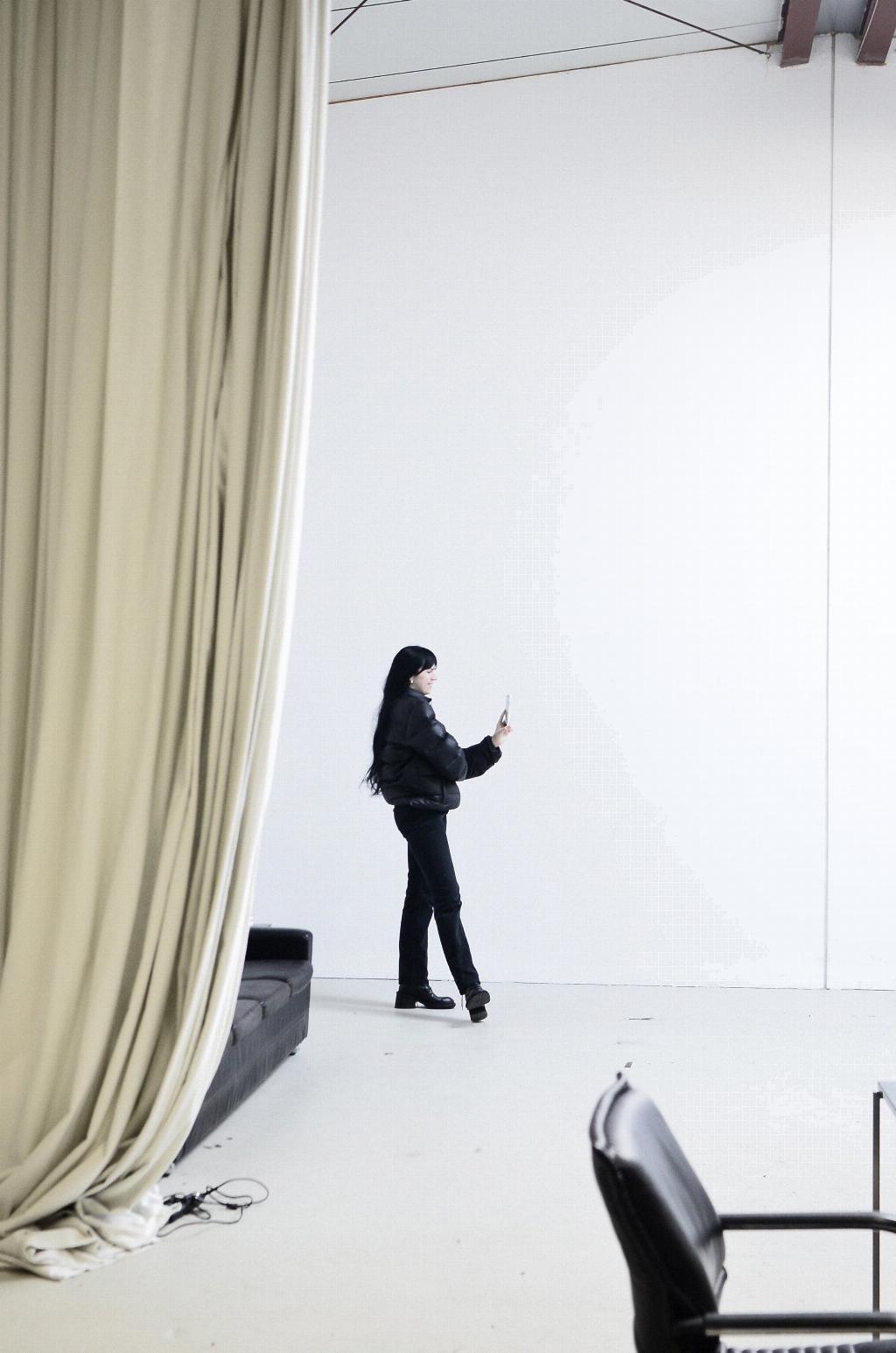When it comes to the ideal age for pregnancy, there are various factors to consider, and age is certainly one of them. The question of whether 38 is too old to get pregnant often arises due to the notion of fertility decline with age. However, it’s important to understand that fertility varies greatly among women, and age is just one piece of the puzzle.
While it is true that fertility typically decreases as women get older, it doesn’t mean that pregnancy at 38 is impossible or inherently risky. Many women in their late 30s and even early 40s successfully conceive and deliver healthy babies. The key lies in understanding individual fertility factors and taking proactive measures to enhance reproductive health.
One of the concerns associated with advanced maternal age, which is generally defined as being 35 or older during pregnancy, is an increased risk of certain pregnancy complications. While this risk does exist, it’s essential to recognize that a woman’s overall health and lifestyle play significant roles in determining her pregnancy outcomes.
Factors such as pre-existing medical conditions, lifestyle choices, and overall reproductive health should be taken into account when assessing the potential risks of pregnancy at 38. A healthy 38-year-old woman with no underlying health issues may have a smoother pregnancy than a younger woman with medical complications.
It’s also important to consider the advances in reproductive medicine and prenatal care, which have enabled women to have successful pregnancies later in life. Fertility treatments such as in vitro fertilization (IVF) have opened up new possibilities for women struggling to conceive naturally, including those in their late 30s and beyond.
While age is a factor in fertility and pregnancy, it shouldn’t be viewed as a strict cutoff point. Every woman is different, and factors such as genetics, lifestyle, and overall health can have a significant impact on fertility and pregnancy outcomes. Consulting with a healthcare provider and fertility specialist can provide valuable insights into individual fertility potential.
Although the fertility decline with age is a reality, many women are choosing to delay pregnancy for various reasons, such as career advancement, financial stability, or personal circumstances. This trend has led to a shift in societal norms regarding pregnancy age, with more women opting to start families later in life.
Women considering pregnancy at 38 or beyond should be aware of the potential challenges and risks but should also approach the journey with optimism and informed decision-making. Seeking preconception counseling, undergoing fertility tests, and making lifestyle modifications can help optimize the chances of a successful pregnancy.
Education and awareness about fertility preservation options, such as egg freezing, also play a crucial role in empowering women to take control of their reproductive choices. By understanding the options available and planning proactively, women can make informed decisions about their fertility and family planning goals.
Ultimately, the question of whether 38 is too old to get pregnant is nuanced and multifaceted. While age can impact fertility and pregnancy outcomes, it’s just one piece of the overall puzzle. Each woman’s fertility journey is unique, and with the right support and guidance, many women can have healthy pregnancies and births in their late 30s and beyond.
As societal perspectives on age and fertility continue to evolve, it’s essential to approach the topic with openness, understanding, and compassion. Every woman’s fertility journey is valid and deserving of respect, regardless of her age or circumstances. By embracing individual differences and supporting informed decision-making, we can empower women to navigate their fertility paths with confidence and optimism.

